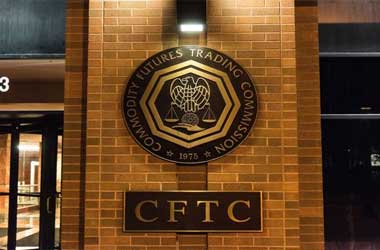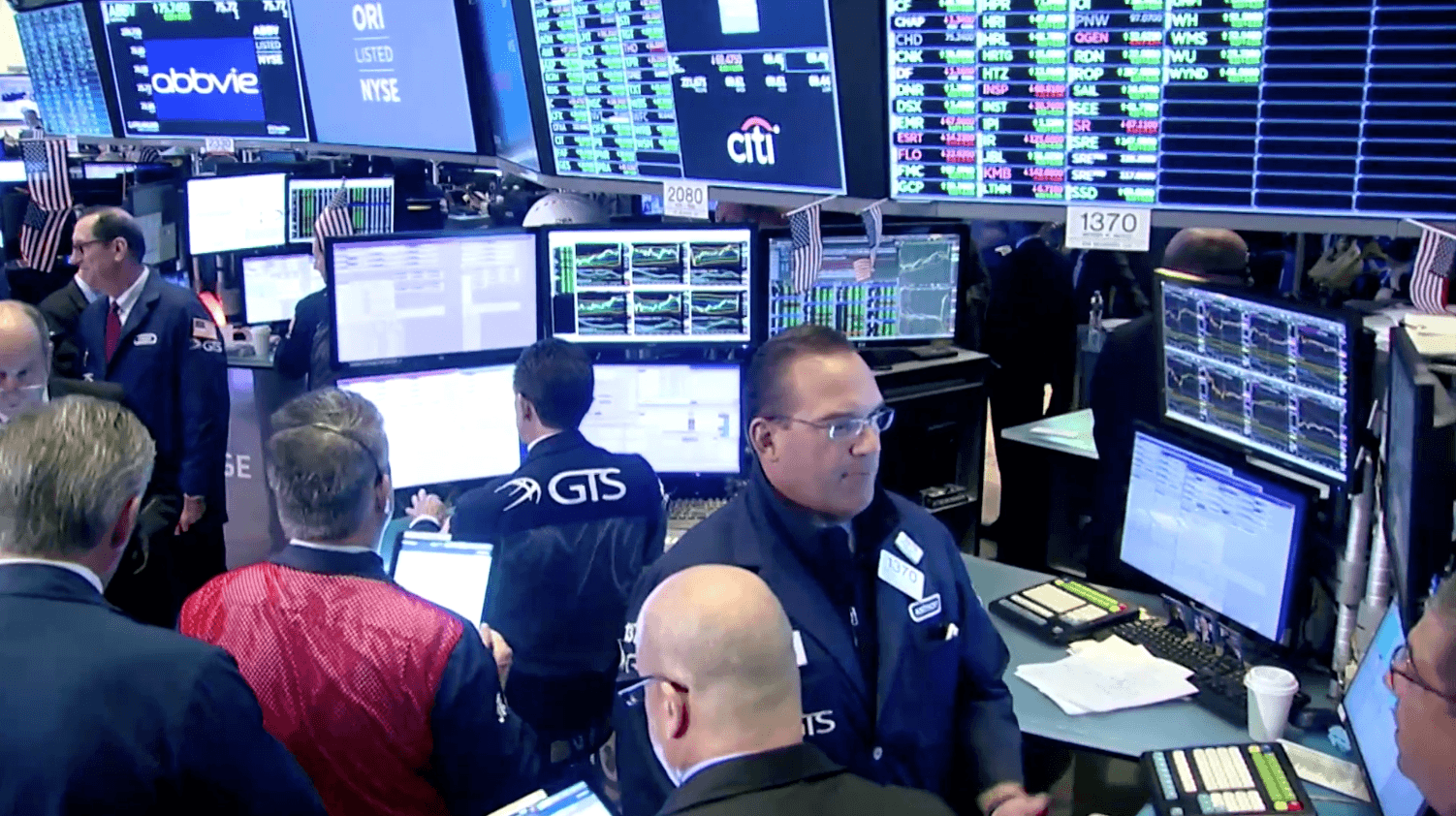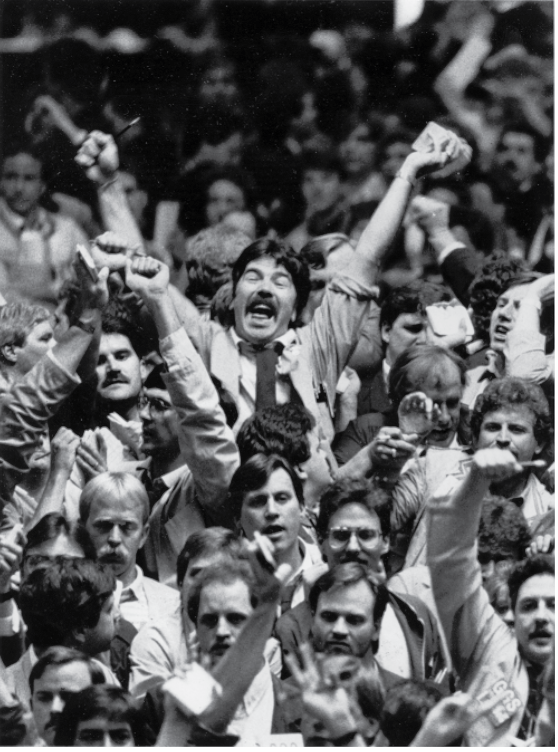Something Small Is About to Happen
Don Roberts, president and CEO of the Small Exchange, has big plans to make futures small
Readers tell luckbox that many active stock and options traders don’t trade futures. Why not?
Three obstacles have prevented retail investors and traders from adopting futures. Futures contracts aren’t easy to understand because each contract has its own tick increments, and they were simply too large for most investors to use prudently. Futures seem mysterious to many investors, much the way they viewed options trading a couple decades ago. At the Small Exchange we hope to change all that through the Small, Standard, Simple mantra and educational efforts to inform the public.
Creating smaller futures contracts that are affordable seems like a simple improvement. What took so long?
Like many breakthroughs in investing, futures were originally designed for industrial, institutional and commercial uses. But retail investors want the same lower-fee investment products that institutional investors use, so the adoption of futures has evolved.
Investors and active traders care about fees. How will the Small Exchange’s products compare with other investment products offering similar exposures?

We will be shaking things up. The exorbitant fees on existing exchanges for both equity and futures traders present a problem for everyone. The Small Exchange’s products will certainly offer lower costs for futures traders. But perhaps more importantly, the products will provide a better return on their capital relative to products currently offered. For example, say an investor wants to buy 100 shares of an exchange-traded fund (ETF) that costs $50. That would be $5,000 in a cash account or $2,500 in a Reg T margin account. The investor can get the same exposure with the Small Exchange equity index product for about $150. Those efficiencies extend to short sales. To sell a stock short, an investor has to borrow shares, pay interest and return those shares. This creates a hassle for customers and brokerage firms because of the added cost. With a futures contract, an investor can simply sell the indices—a pure play at a lower cost.
Can anyone trade these new futures contracts?
Futures trading will not fit every portfolio. Investors can access the Small Exchange if their current brokerages offer futures trading. If a firm doesn’t work with the Small Exchange, investors can call their firms and express interest. The Small Exchange website will soon provide a list of firms participating in the exchange as a resource for investors who seek more options for managing risk and wealth.
Who will be the early adopters of Small Exchange futures contracts?
Initially, active and sophisticated self-directed traders will participate, because the products increase opportunities for cost-efficient hedging and speculation. Later, additional retail investors will flock to futures because of the benefits of increased capital efficiency, lack of account minimums to day trade and absence of short-sale rules. Eventually, passive investors will also adopt our indices as low-cost, pure-play, long-term investment alternatives to ETFs.
The Small Exchange announced a subscription offer. How does that work?
To build the world’s largest customer-centric futures exchange, the Small Exchange has developed a pretty cool offering—a lifetime subscription to the exchange that provides half off exchange fees and a reduced price for market data for the lifetime of the holder. More information is available on the website. The offer is valid for all individual retail customers.








